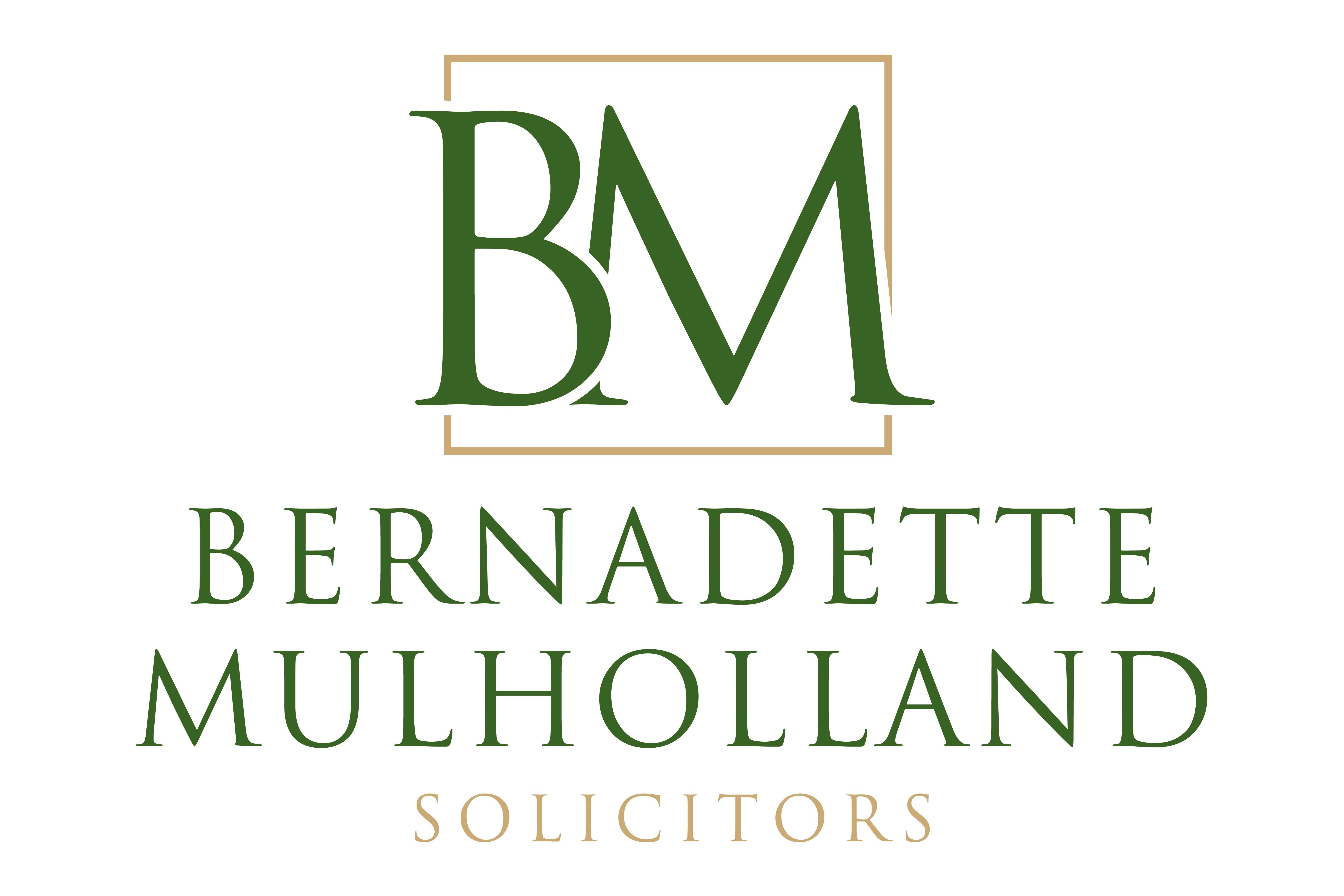A tenancy agreement is a contract that a landlord and tenant sign when tenants rent a residential or commercial property. The agreement outlines the terms and conditions of tenancy, including the rights and obligations of the landlord and tenants.
Tenancy agreements are legally binding contracts, and you must have one in place even if you plan to rent your property to a friend or a family member. This will provide you with legal protection in the event of disputes.
You can use the tenancy agreement for residential properties such as apartments, houses, townhouses and offices.
What a Tenancy Agreement Should Include
Although some tenant agreements detail more, a standard tenancy agreement should include basic information. A typical tenancy agreement generally includes:
- Contact details of the tenant
- Contact details of the landlord
- Type of tenancy
- Length of the tenancy term
- Details of the property, including address, square footage, and amenities
- Rent details include the amount due, payment frequency, late fees, and schedule
- Any other additional information such as security deposit details
- Parties obligations
- Rental rights
Most standard tenancy agreements also include information about:
- Options to renew the tenancy
- Methods available to solve disputes, like mediation or arbitration
- If there is an option to buy the property (rent-to-own)
- Any signing concessions given to the tenants are used to entice a potential tenant to rent. This includes:
- Reduced rental fee for the entire period of the tenancy.
- Property improvements such as new appliances or new flooring
- Free rent for a given period, such as one free month of rent
A comprehensive tenancy agreement provides more options and legal protection than a standard tenancy agreement.
A comprehensive tenancy agreement may specify:
- A guarantor- refers to a third party who offers to clear the tenant’s financial deficits if a tenant fails to pay their rent.
- Whether the apartment is furnished and possibly the description of the furnishings
- A property manager who represents the landlord
- Whether the tenant can run a home business on rented premises or not
After signing the tenancy agreement, both landlord and tenant should keep a copy of the signed document.
Speak To Our Team
Creating a comprehensive and effective tenancy agreement is essential as it protects parties involved throughout the tenancy period.
Moreover, since there are numerous complexities involved in determining the valid tenancy agreement for your case, it’s critical to consult with a knowledgeable rental agreement solicitor who can guide you through creating a contract that provides adequate protection.
To speak to a member of our legal team, please contact us at 028 7963 2030 or email info@bernadettemulholland.com.

